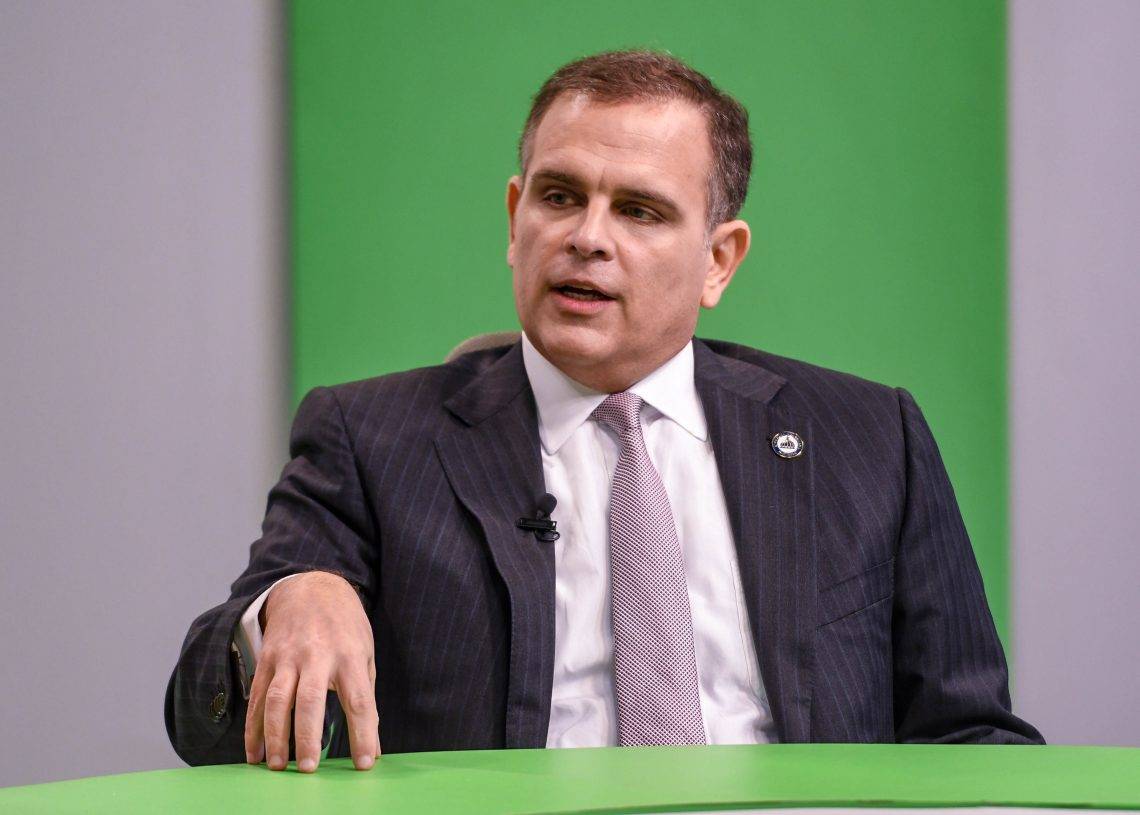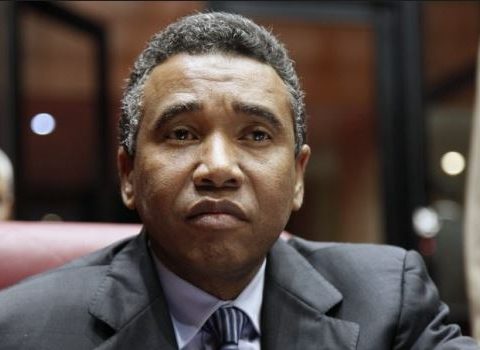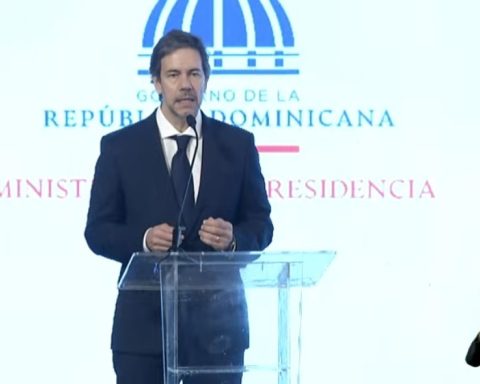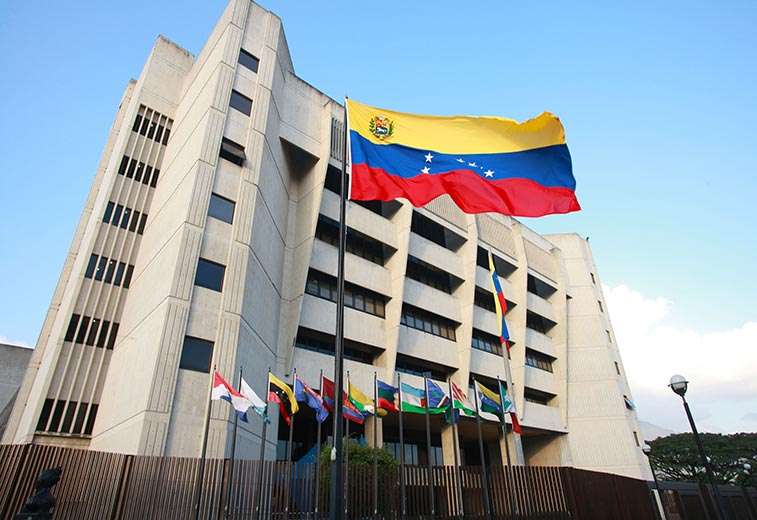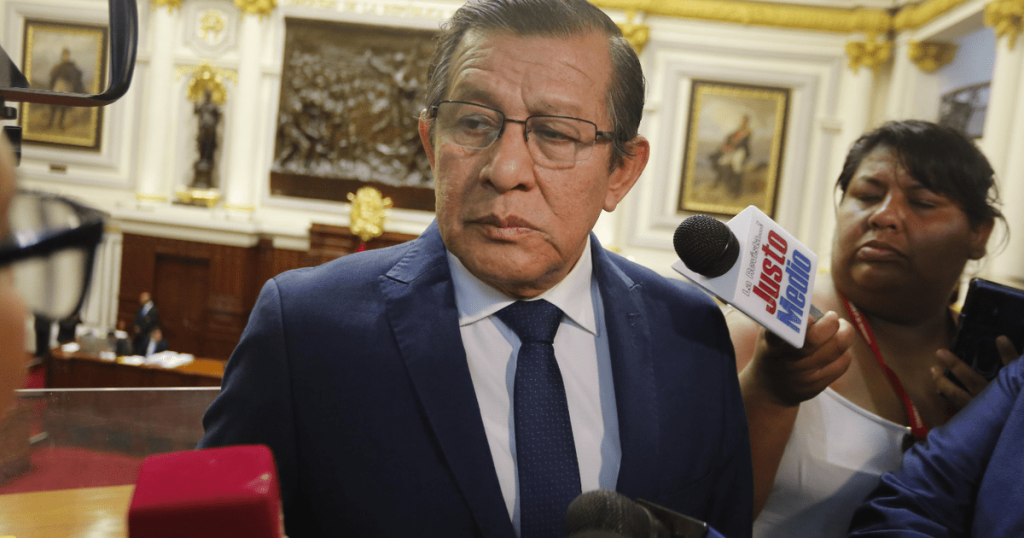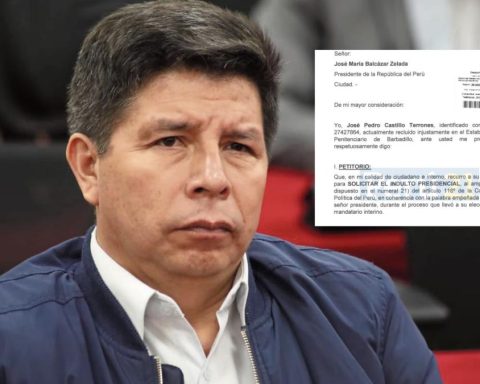He tax reform project which the Government will present for approval National Congress It seems to be approaching its final version, but the technicians preparing it are still engaged in listening to opinions, making calculations and considering, without being magicians, its effects on society.
According to what has transpired, the Government technicians aim to obtain additional income that ranges between 1.5% and 1.7% of the Gross Domestic Product (GDP).
The Government is preparing a tax reform proposal anchored in two elements: one is the device offered by the Fiscal Responsibility Law, considered a positive straitjacket, as it establishes limits for ministerial expenses. Hand in hand with this law is the decision to reduce and merge institutions. Those who design the fiscal proposal understand that this is the government’s sacrifice.
You can read: Tax evasion a vital issue to address in tax reform
Although there are sectors of public opinion, especially in political circles, that consider tax reform unnecessary, the Government says it is essential to meet the demand for basic services and to meet commitments and to prevent public debt from continuing to grow.
And it is not, in the opinion of official technicians, that Dominican public spending is excessive. To support this statement they point out that the average public spending in Latin America is 27.8% of GDPbut in the Dominican Republic it is well below this average, 19.3% of GDP.
However, it is acknowledged that the payment of interest on public debt is too heavy a burden on the budget accounts, at 21.8% of GDP. Public debt was equivalent, in 2021, to 45.1% of GDP.
Technicians recognize that the Dominican Republic tax system It has characteristics that must be overcome or, at least, dismantled: proliferation of incentive laws, generalized exemptions from ITBIS, preferential treatment for individuals and professionals, low collection of taxes from individuals, low collection of wealth taxes and high tax evasion and avoidance.
The tax reform in preparation seeks to begin to reduce some of these negative characteristics, although it is known that this objective will clash with many interests and with a very strong culture of paying few taxes and wanting to receive unlimited incentives.
But, they say, if the country wants to continue the line of progress that today distinguishes it in Latin America and the Caribbean, it must continue investing in infrastructure works, it must address the situation of the electrical sector and it must maintain social protection for the most disadvantaged sectors of the population.
A key issue is the reduction of evasion of ITBIS payment, estimated at 40% and the payment of Income taxapproximately 40%.
This time, the informants commented, independent professionals – doctors in particular – will have to pay their taxes. Some advances from individuals will also be eliminated and special treatment will be considered for so-called small and medium-sized companies.
It remains to be seen when the tax reform project will be presented to the country in all its details and deposited in the National Congress. But it is very advanced.
The political dimension of tax reform is an issue that will be handled by the government’s political strategists and those responsible for analysing public opinion discourse.
